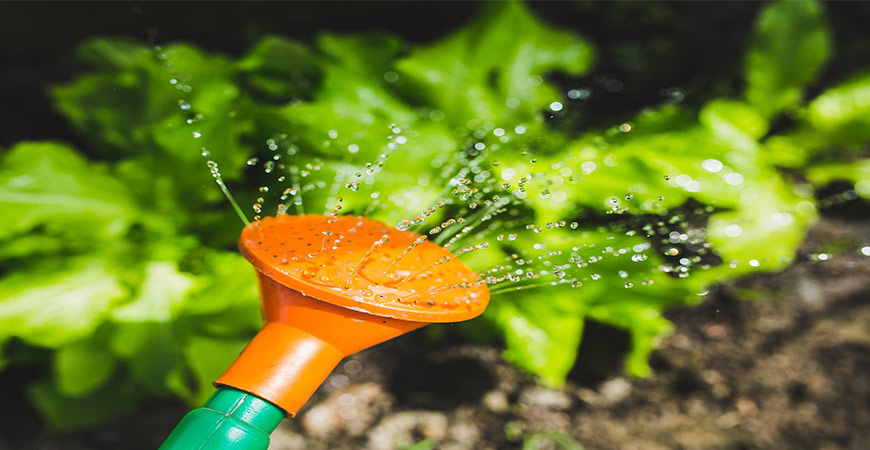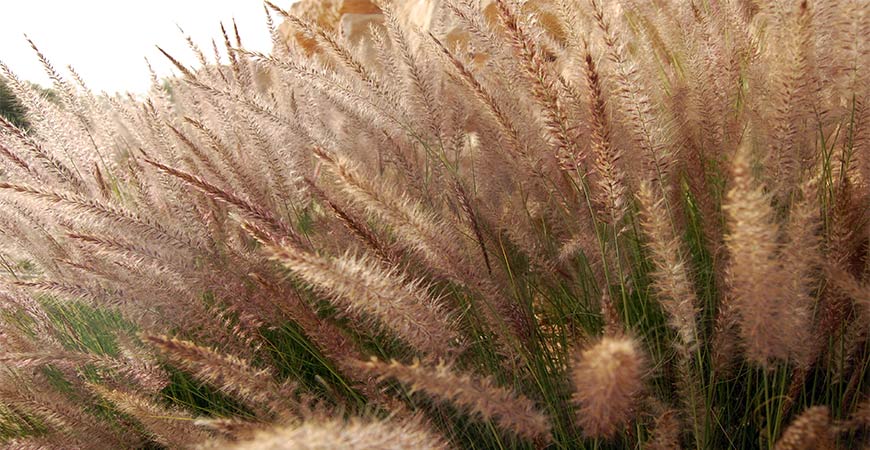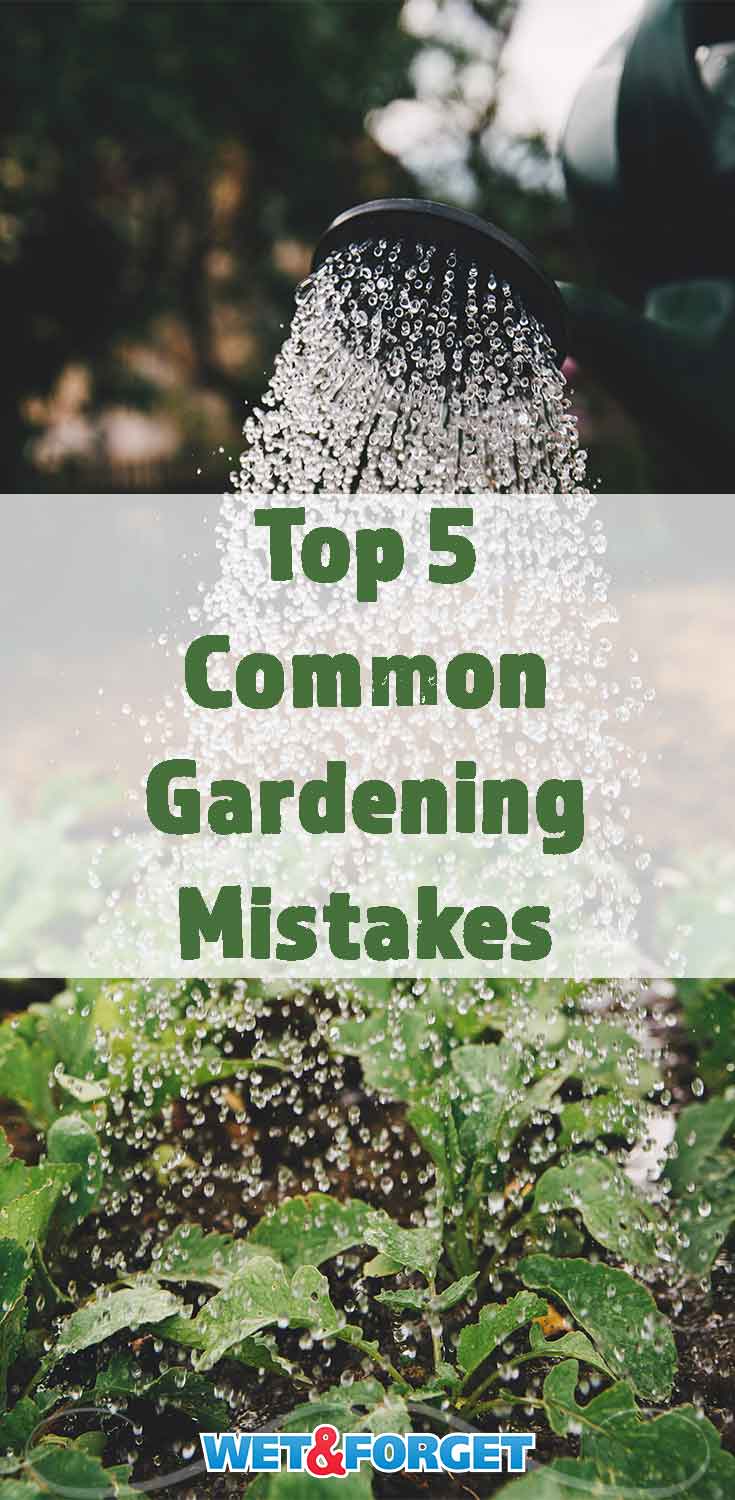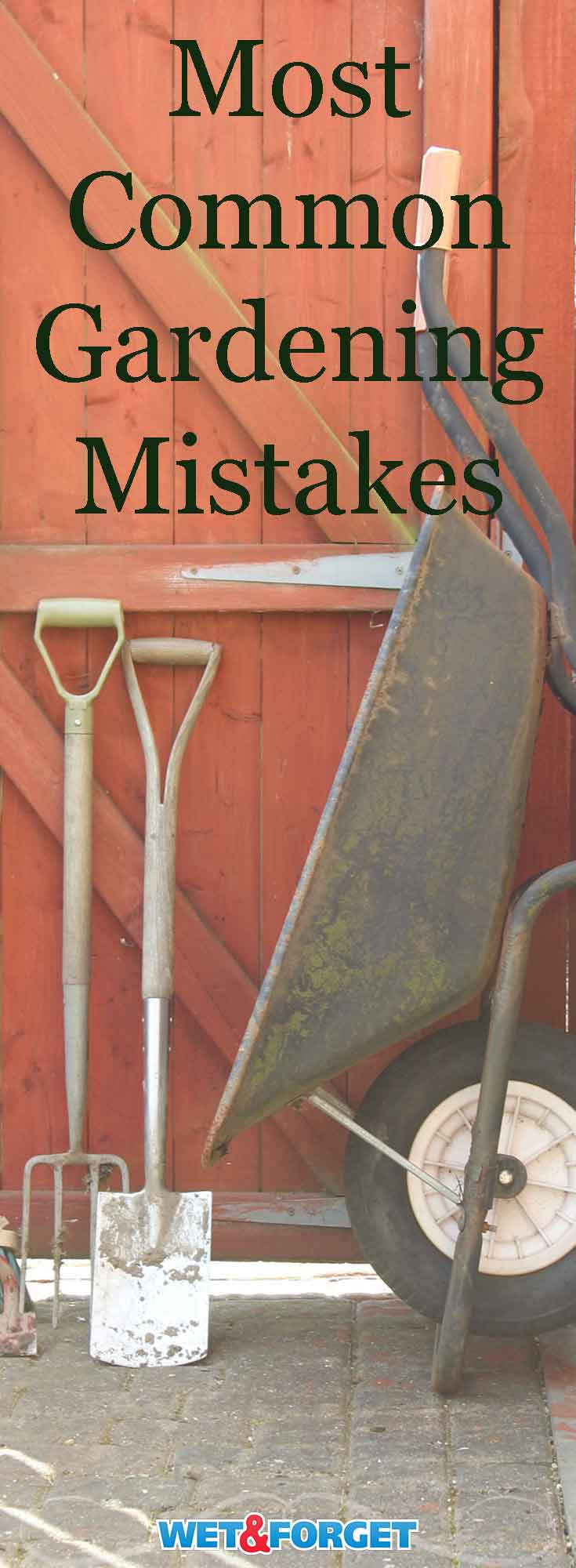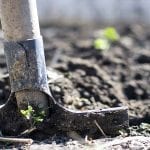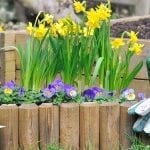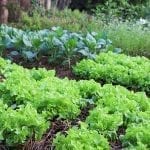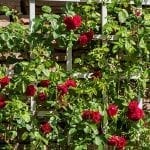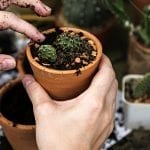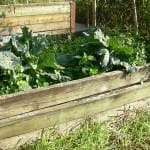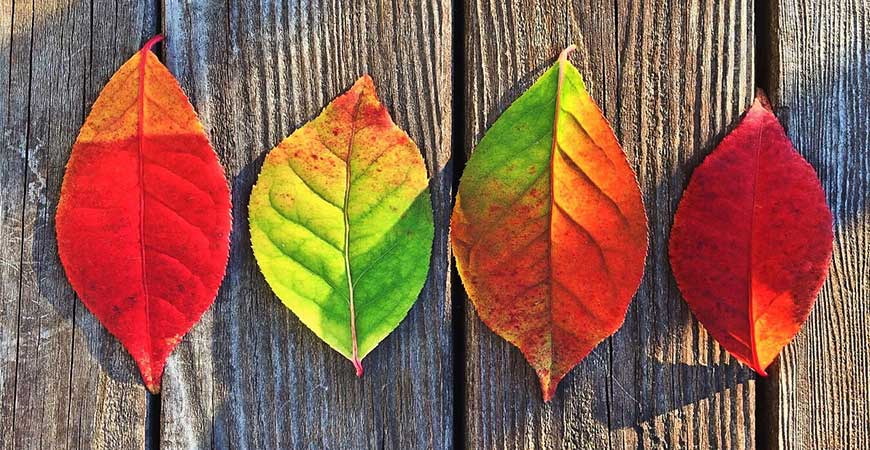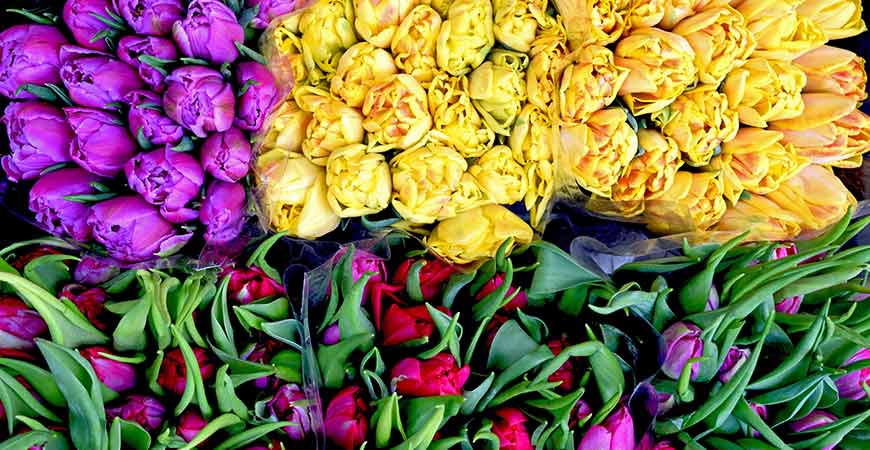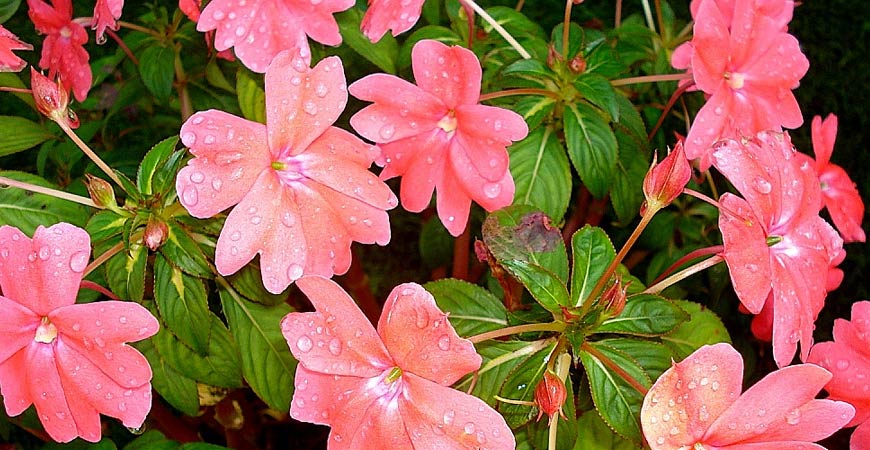
Common Gardening Mistakes
It can be tiresome to see unsuccessful results from the garden you spent so much time working on throughout the year. Your garden might not be functioning as well as you thought because of a few common gardening mistakes.
Overwatering or Shallow Watering
Watering your plants too frequently can drown out all of the air pockets in the soil. Lower layers of soil can be very wet even when the top appears to be dry.
Overwatered plants will also remain tender and can easily wilt in the sun. Shallow watered plants can be caused by watering your garden with a hose.
When plants are shallow watered they are prone to falling over and wilting because the roots of the plants haven’t burrowed deep enough to securely anchor them.
To avoid this, water your plants from above so every part of the plant gets water.
Planting in an Incorrect Location
There are many plants that cannot survive in shaded areas because they require full sun. For example, tomatoes and most vegetable plants grow best when they are planted in uninterrupted sunlight throughout the day.
Planting vegetables in the same place every year will hurt the growth of plants. Pests or diseases frequently stay in one area, so rotating your plants will help break their life cycle. In addition, crop rotation will create the right amount of nutrients in the soil to help your garden grow.
Not Preparing the Soil
When digging garden beds, make sure you add plenty of compost and leaf mold to help loosen the soil enough for roots to run deep. This will also provide plants plenty of nutrients without being loaded with chemical-based fertilizers.
If you’d rather not dig deeper beds to accommodate the additional compost, you can build a raised bed.
Planting Invasive Plants
Do your research, double-check seeds and plants prior to planting. You don’t want to accidentally plant an invasive species that can cause you real problems.
Invasive plants tend to established themselves quickly and can be very difficult to root out. A few examples of these species are honeysuckle, English ivy, and phragmites.
Using Too Many Pesticides
Pollinators will stay far away from plants that are overexposed to pesticides. If your plants are growing too few fruits or vegetables, then you may have sprayed your plants too many times with pesticides which will result in fewer insect pollinators.
Limiting the pesticides used in your garden will promote pollinators and create a greater yield of vegetables and fruits. Fixing and preventing these common gardening mistakes can result in a healthier and more bountiful garden you can enjoy all year.
(Photos courtesy of Felix Weizman, jetsandzeppelins)

